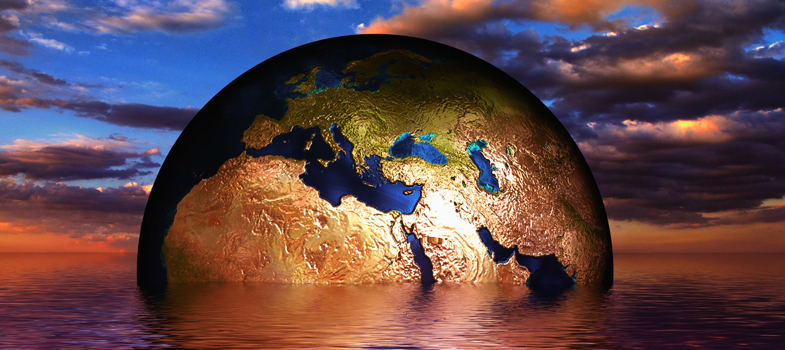2 Competing goods?
2.1 Public goods and private goods
So markets fail when there is a difference between private costs and social costs arising from an activity, caused by those costs that are ‘external’ to the decision-maker who chooses to undertake the activity.
An alternative way of looking at the problem is to suggest that markets function well when providing ‘private’ goods, but not ‘public’ goods. Public goods are not to be confused with goods provided by the government; there is overlap, but many government-supplied goods are not public, and some public goods are not supplied by governments (and hence often not supplied at all).
The technical definition of a public good requires that it should satisfy two criteria:
non-rivalness – an additional person may enjoy the good without reducing the enjoyment of anyone else (unlike a private good – if I have a slice of cake there will be less cake for you)
non-excludability – once the good has been provided for one person, it cannot be denied to any others who might want it.
Climate stability is a good that exemplifies the non-rivalness condition; if we manage to create a stable climate for even one person then any other person may benefit from it too, at no extra cost. It is also nonexcludable, since once the global climate has been stabilised, everyone in the world will automatically get the benefits from this, whether or not they have been prepared to bear the costs of bringing this stability about.
This last point creates a problem for the provision of public goods. If you will benefit from the good whether or not you have helped to pay for it, there will be a strong incentive to avoid bearing the costs of provision. This may be clearly seen using a model from game theory known as the prisoners' dilemma.
1.2 … and why it sometimes doesn't work so well
